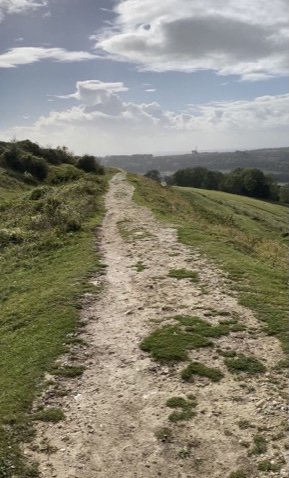Unkept Good Fridays
Unkept Good Fridays - Thomas Hardy
〰️
Unkept Good Fridays - Thomas Hardy 〰️
There are many more Good Fridays
Than this, if we but knew
The names, and could relate them,
Of men whom rulers slew
For their goodwill, and date them
As runs the twelvemonth through.
These nameless Christs' Good Fridays,
Whose virtues wrought their end,
Bore days of bonds and burning,
With no man to their friend,
Of mockeries, and spurning;
Yet they are all unpenned.
I hadn’t read this poem by Thomas Hardy until today. Written the year before he died in 1928, it discusses the unsung fates of ‘nameless Christs’ who likewise suffered throughout history but are unremembered, whose stories remain unpenned.
In one way, its rationalism is entirely correct; we are all God’s children and each of us are worthy of celebration and equality before history. We all navigate the same path, face the same doubts and share the same ultimate fate.
But the poem is not especially concerned with universal equality; in my reading it is a poem of courage. Like Christ, certain people have displayed this foundational quality; the courage to stand up and speak your truth. The consequences for doing so - like Christ - can be appalling. There is no end, or change, to human nature and it can be, as well as kind and compassionate, also cruel and uncaring. To stand against received opinion, in any age, is a dangerous pastime.
Christ died for our sins. He was an individual but, like many biblical stories, I think the truth is more instructive than literal. He was abandoned, put on trial, humiliated, tortured and killed but rose again from the dead to point the way of redemption. It is both personal but universal.
The correct path (one hesitates to write righteous) isn’t easy. We all know that and struggle daily to be better versions of ourselves. This takes courage. Courage takes many forms but the courage to seek out the better parts of human nature and avoid the easy, destructive path, is a strength all us ‘Christs of unwrit names’ must battle each day. There is no redemption without struggle and that struggle is personal, unremitting and, often as not, forgotten by history but, perhaps, perhaps, remembered in eternity.
And that is my Easter message through poetry and scripture.
The full Hardy poem can be read here.

